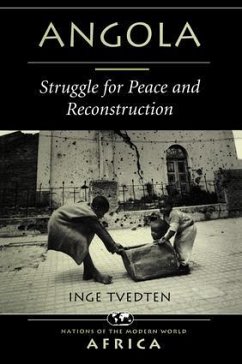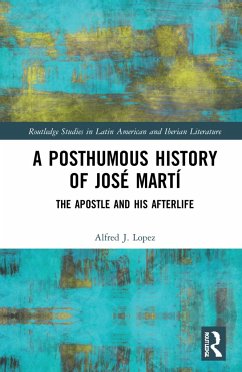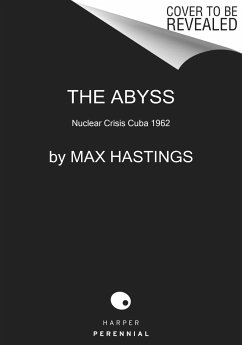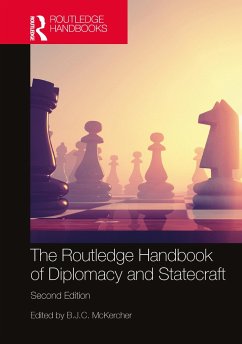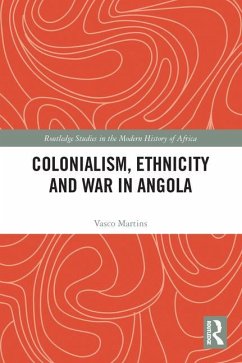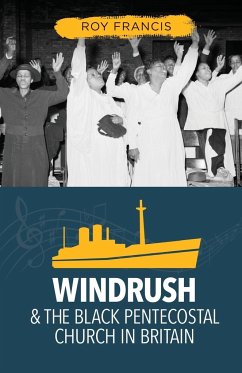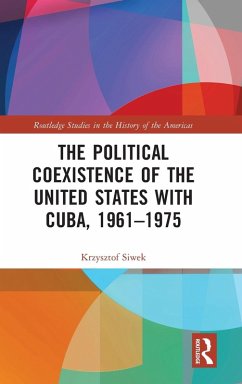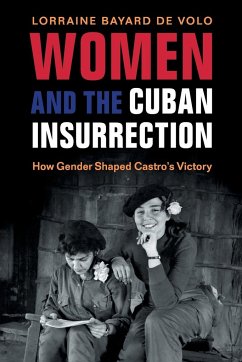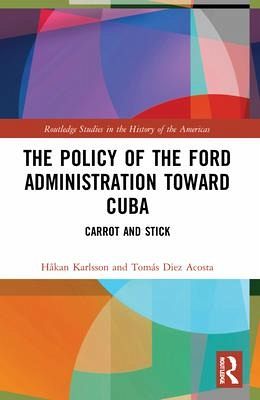
The Policy of the Ford Administration Toward Cuba
Carrot and Stick
Versandkostenfrei!
Versandfertig in 6-10 Tagen
43,99 €
inkl. MwSt.
Weitere Ausgaben:

PAYBACK Punkte
22 °P sammeln!
This book presents new aspects of the U.S. Cuba policy during Gerald R. Ford's presidency (August 9, 1974-January 20, 1977). Based in governmental and other sources from the U.S. and Cuba, the book examines how the Ford administration broke with Nixon's hostile policy when the diplomatic and economic isolation of Cuba was ended in the OAS, even when the U.S. economic blockade prevailed. In line with the detente policy towards the USSR, the Ford administration strived to normalize the relations with Cuba through secret discussions. However, the Cuban involvement in the Angolan civil war ended t...
This book presents new aspects of the U.S. Cuba policy during Gerald R. Ford's presidency (August 9, 1974-January 20, 1977). Based in governmental and other sources from the U.S. and Cuba, the book examines how the Ford administration broke with Nixon's hostile policy when the diplomatic and economic isolation of Cuba was ended in the OAS, even when the U.S. economic blockade prevailed. In line with the detente policy towards the USSR, the Ford administration strived to normalize the relations with Cuba through secret discussions. However, the Cuban involvement in the Angolan civil war ended this process of normalization, and the U.S. returned to a confrontational policy. Within this framework, counterrevolutionary groups in the U.S. could act, more or less with impunity, towards Cuba, but also against Cuban and third-country targets both within and outside the U.S. The book describes the oscillating Cuba policy that was the hallmark of the Ford administration. The Cuban perspective adopted will complement and enrich the knowledge of the U.S. policy toward Cuba during Gerald Ford's presidency. It is of relevance to everyone interested in the issue and especially for students and researchers within the disciplines of History and Political Science.





